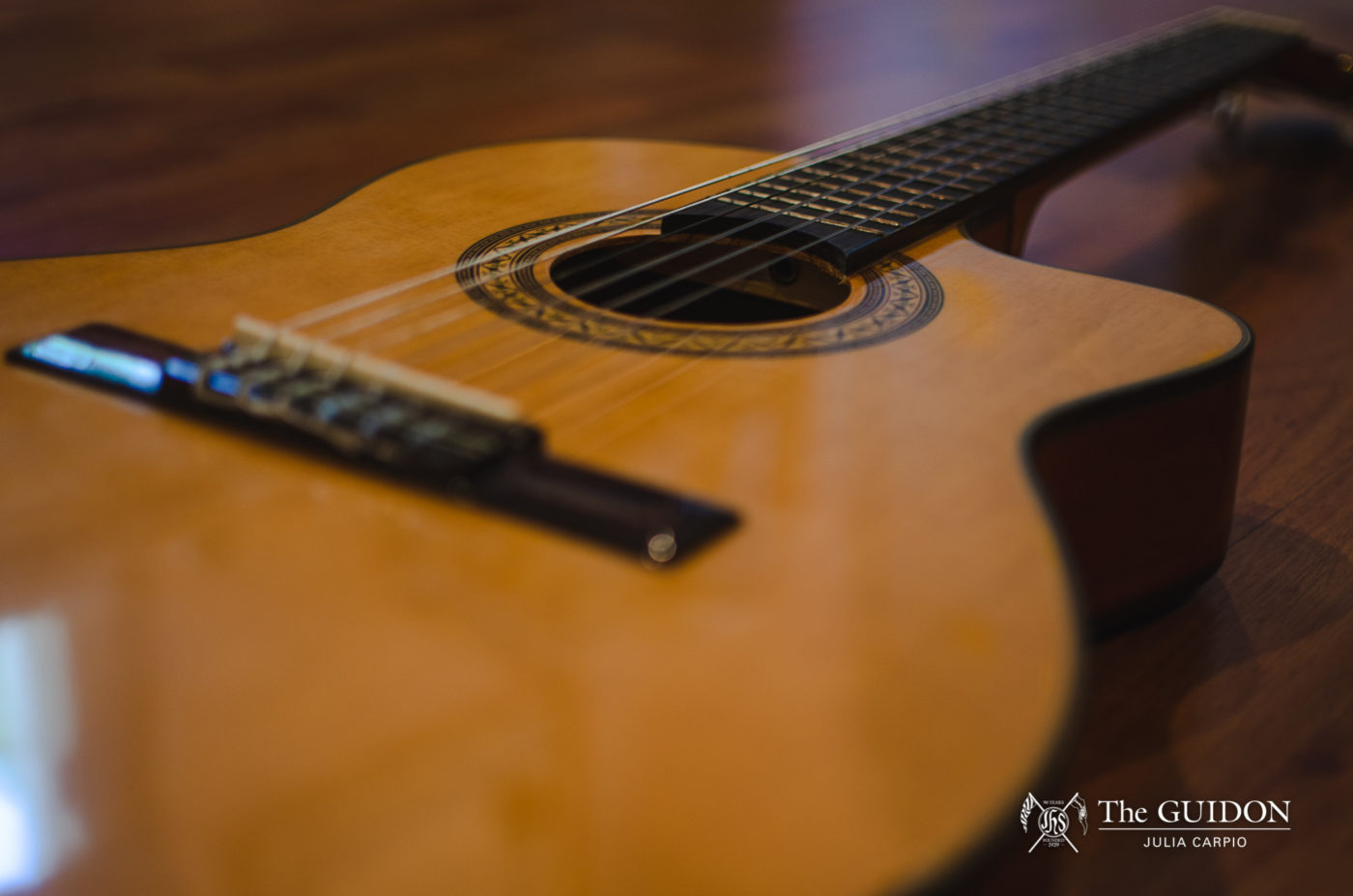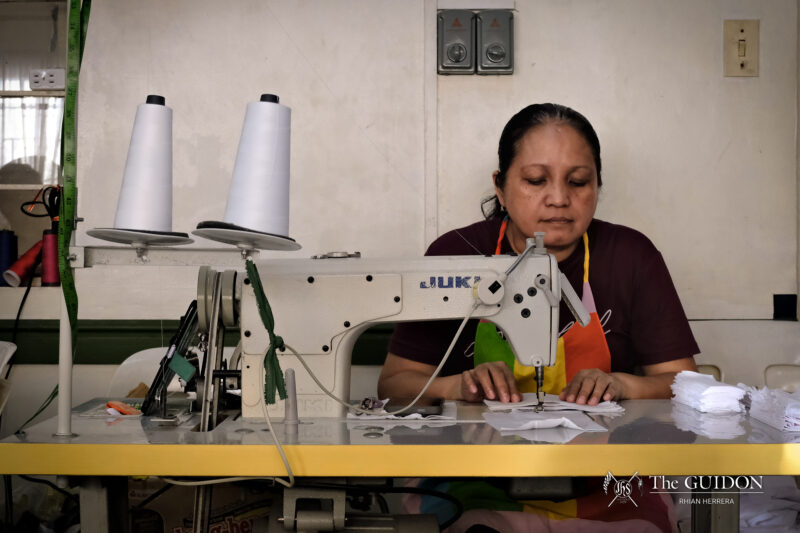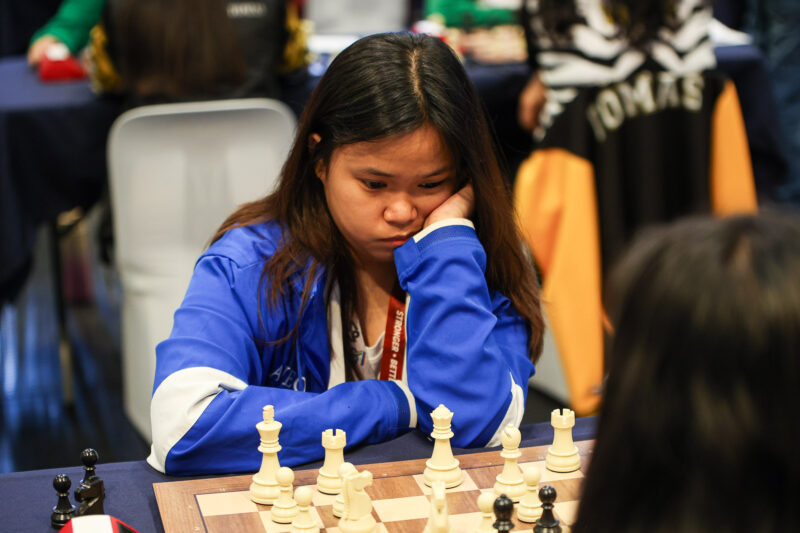THOUGH THE city’s noise often drowns out the instrument’s rich tone, guitars and their vendors remain a familiar sound and sight along Manila’s streets. However, despite a rich history and culture of sourcing guitars from homegrown luthiers, the local guitar-making industry still requires much-needed support as foreign guitar producers begin to dominate the scene.
Striking chords
Along with the organ, flute, and harp, the guitar was brought to the Philippines by the Spanish in the 1500s to accompany liturgical Church hymns. Despite being a foreign instrument, Filipinos welcomed the guitar with open arms, quickly learning guitar tunes and melodies in their free time. Eventually, Filipinos would use the guitar as accompaniment for love songs; some examples would be the kundiman and the balitaw, classic folk songs originating from Mindanao and Visayas, respectively.
The Philippines would later develop a guitar-making industry of its own to cater to the nation’s affinity for the instrument, even hailing Cebu City as the local guitar capital. It has been said that the Spanish friars originally trained Cebuanos to produce guitars so that local musicians wouldn’t have to send instruments abroad for repairs.
A member of the Gitara ni Juan project—an initiative that hopes to revive the declining industry of Filipino guitar-making—Crisron Lucas shares that the quality of locally made guitars depends on various aspects of the instrument. “Most Filipinos love a bright and clear guitar sound coming from a classical guitar. A louder sound is also preferred,” he shares. When it comes to visuals, Lucas adds that Filipino guitarists “love a light-colored soundboard and a dense and dark fretboard.”
However, despite the Philippines’ history of producing guitars that are loved by the local market, competition from more efficient guitar producers in China and the United States now pose a threat to the cherished industry.
Pulling strings
Local luthiers are faced with the challenge of staying afloat as bigger, more well-equipped companies continue to mass-produce guitars. Lucas shares that without sufficient skills, tools, and resources, local luthiers may create guitars with manufacturing inconsistencies or poor sound quality and playability, making their products less competitive in the market. This is the primary issue that he and the Gitara ni Juan team aims to address.
Gitara ni Juan hopes to develop a standardized guitar making process that uses Philippine woods for local luthiers to follow. To craft this model, the project’s team conducted research by visiting luthiers throughout the country. This allowed the team to see firsthand the issues local luthiers face on a daily basis. Lucas’ study found that a major problem for guitar makers today is their inability to attract younger craftsmen. One of their young luthier consultants, for instance, opted to leave the industry and work as a waiter instead after the failure of his grandfather’s instrument-making business.
So far, some local guitar makers have already started to experiment with Gitara ni Juan’s technology. In partnership with the Department of Science and Technology, Gitara ni Juan is now getting ready to transfer their knowledge to the industry with a Dumaguete-based guitar company as its official “technology adopter.”
The future for local guitar makers may appear dim. However, Lucas sees potential in domestic demand as most Filipinos own more than one guitar. Beyond this, the industry’s survival may depend on something more fundamental: Its cultural roots. As Lucas puts it, “We only need to push people and make them aware of our Filipino culture. Guitar playing is a part of the Filipino culture.”







